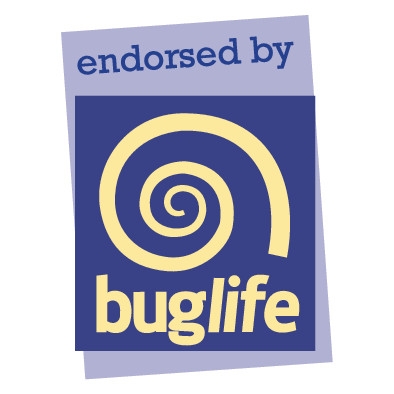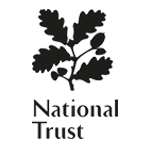

About Buglife
Buglife is the only organisation in Europe devoted to the conservation of all invertebrates. They are actively working to save our rarest little animals, everything from bees to jumping spiders.
Invertebrates are vitally important to a healthy planet – humans and other life forms could not survive without them. The food we eat, the fish we catch, the birds we see, the flowers we smell and the hum of life we hear, simply would not exist without bugs. Invertebrates underpin life on earth and without them the world’s ecosystems would collapse.
Aim
Buglife’s aim is to halt the extinction of invertebrate species and to achieve sustainable populations of invertebrates, and they are working hard to achieve this through:
- Promoting the environmental importance of invertebrates and raising awareness about the challenges to their survival.
- Assisting in the development of legislation and policy that will ensure the conservation of invertebrates.
- Developing and disseminating knowledge about how to conserve invertebrates.
- Encouraging and supporting invertebrate conservation initiatives by other organisations in the UK, Europe and worldwide.
- Undertaking practical conservation projects that will contribute to achieving our aim.
Their current priorities are pollinators where the innovative Urban Buzz and B-Lines projects are striving to improve connectivity, freshwater particularly around the restoration of peat bogs and species at imminent risk of extinction.
Endorsed by Buglife
CJ Wildlife has a wide range of insect habitats for individual species and multi-purpose use that you can use in your garden to help our pollinating insects. Buglife were so impressed with our range and suitability for use that they have endorsed the range. Take a look at some of our products relating to insects here.
We are also very proud that our entire range of wildlife friendly plants have been endorsed by Buglife as being perfect for pollinating insects. This includes our new Buzzy Organic Seed range which are all endorsed as being beneficial for the invertebrates that are vital for a healthy ecosystem.

